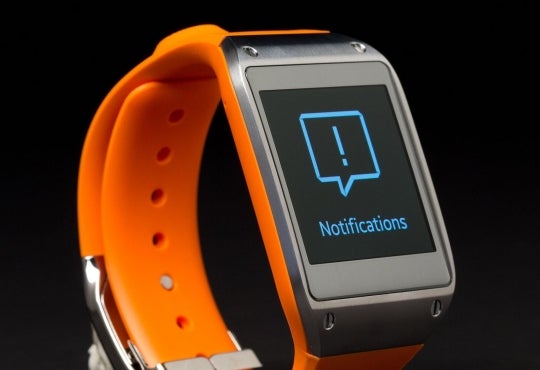Do you ever feel overwhelmed by the connectedness of digital life? Do you get a headache from all the vibrating devices you answer to? Do you feel your relationships are suffering because of the lack of personal interaction in today’s world? Author William Powers certainly did before setting out to discover a new philosophy on how to live in today’s ultra-connected world.
In Hamlet’s Blackberry, Powers uses examples from his own life to gauge how hyper-connectivity is affecting modern civilization. In the introduction he writes, “This book is about a yearning and a need. It’s about finding a quiet, spacious place where the mind can wander free. We all know what that place feels like, and we used to know how to get there. But lately we’re having trouble finding it.” He calls the constant networking “Digital Maximalism” and insists it does not provide a balanced, healthy life. Powers often references biological explanations as to why people are so drawn to the digital world: the soothing light of an active screen, the high-pitched notification sound that alters your primal senses and the desire to feel wanted and admired by others.
“But virtue of its interactivity, the digital medium is a source of constant confirmation that yes, you do indeed exist and matter.”
Powers calls for “a way of thinking that takes into account the human need to connect outward, to answer the call of the crowd, as well as the opposite need for time and space apart. The key is to strike a balance between the two impulses”. Much of the book emphasizes the ‘crowd’ that follows us home from work and stays with us even in our ‘down-time’.
Not all of these big ideas are as eloquent. One example is from a discussion of newer technology making past inventions obsolete, referencing the slide door so often seen in sci-fi movies:
“Yes, as you’ve undoubtedly noticed, hinged doors are still very much with us. Why? Because though sliding doors are aesthetically appealing, when you come down to it, they do only one thing, slide in and out, which is kind of boring. Hinged doors are more interesting precisely because of the way they occupy and move through space. You can burst through one and surprise somebody. You can slam a hinged door loudly to vent your anger or close it very quietly out of concern for a sleeping child. A hinged door is an expressive tool. It works with our bodies in ways sliding doors don’t.”
I have doubts that self-expression is a factor when choosing which kind of door to put in one’s home.
Part II of Hamlet’s Blackberry is drawn from historical examples of people disconnecting from the crowd and searching for fulfilment outside of a group. Powers uses examples from Gutenberg, Thoreau and Shakespeare, however this is much more effective at showing the historic love-hate relationship between society and technology rather than getting across his point. The message taken away from these chapters is not how a person can shape a less-connected life, but how people have always been afraid of tools and machines taking over human interactions.
The New York Times Book Review touted Hamlet’s Blackberry as “an elegant meditation on our obsessive connectivity and its effect on our brains and our very way of life.” Powers joins a long list of authors tackling the difficult subject of technology and well-being. Neil Postman’s Amusing Ourselves to Death: Public Discourse in the Age of Show Business and Nicholas Carr’s The Shadows: What the Internet is Doing to Our Brains are two books that have done very well despite being labelled in the ‘technology-is-evil’ genre of reading.
Complaints about the book are continuous among critics, with most pointing out that that Powers repeats himself often and that the message he was trying to get across would have been better presented in an essay or magazine article rather than a full-length book. Others note that those who read books are already able to set aside time for creating meaning and space, and that Powers is targeting the wrong audience. One Amazon.com reviewer was disappointed that “the conclusion Powers reaches after 230 pages is to designate the weekends as internet- and phone-free”, a solution any determined person could come up with.
I found Hamlet’s Blackberry to be a personal, reflective account of a social phenomenon presented as scholarly research. It contained interesting ideas and was well-researched but highly repetitive with a predictable ending.
References
[1] [Hamlet's Blackberry]. (n.d.). Retrieved from http://www.travelsmartblog.com/wp-content/uploads/2011/10/HamletBlackberry-pb-c.jpg











